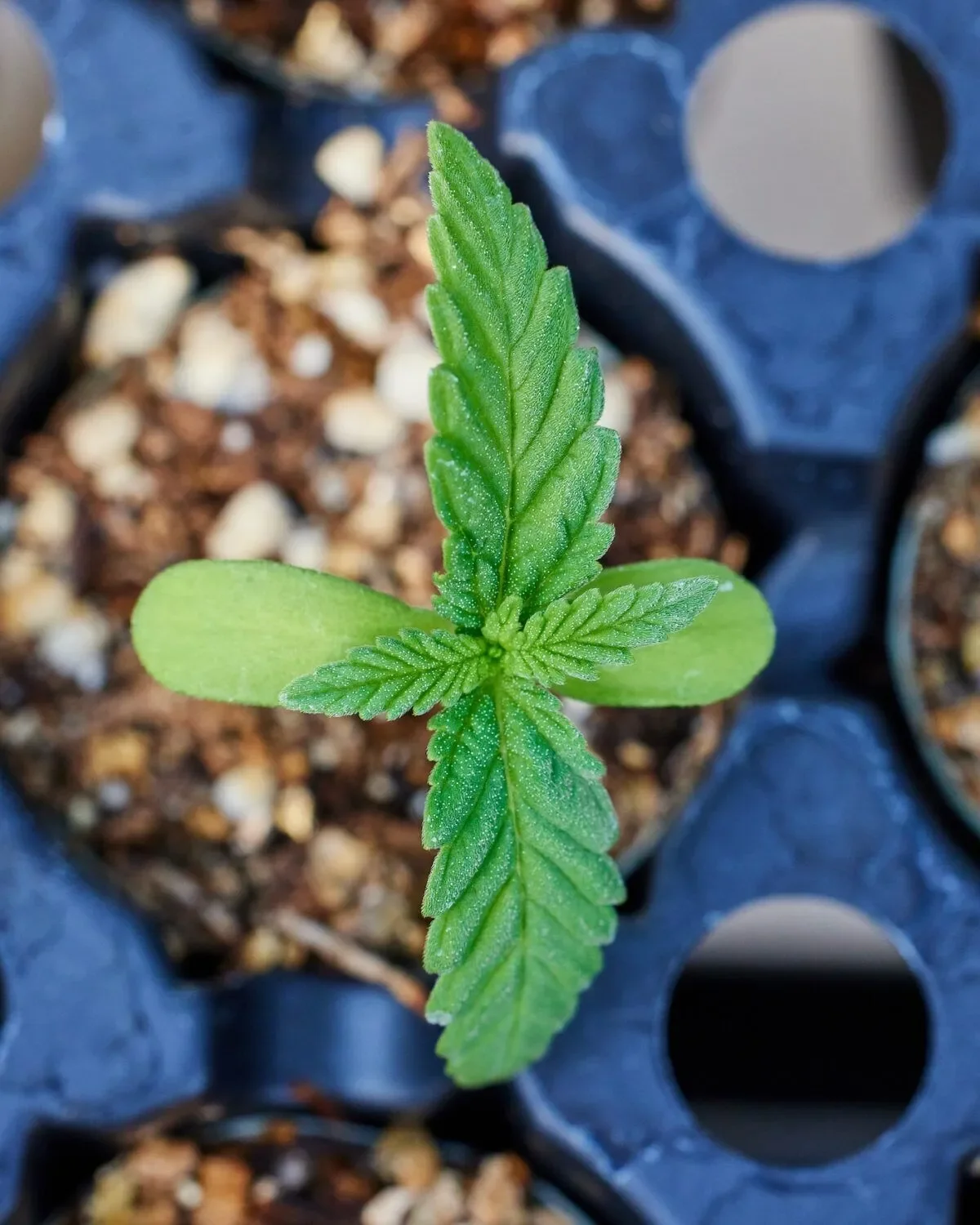Plastics have transformed our world. They revolutionized manufacturing. They triggered an explosion of economic development. Plastics helped with the advancements in technology and medicine that reached every corner of the globe. Plastics helped make the world what it is today. Without them, modern life would not be the same.
But at what cost?
We have a plastic use for just about everything. It’s used to preserve our fruits and vegetables, it makes for convenient and disposable carry-out bags, and even the keys on this keyboard are made of plastic. Hospitals were modernized with plastics, creating cheaper medical necessities such as syringes and sterile bandages. Many modern automobiles have plastic chassis. There is no doubt that plastics have provided countless uses and advantages to living comfortably in this world, but at what point does it become wasteful and harmful?
Plastic’s positive trait is also its negative: it lasts virtually forever. Plastic products can take, on average, 450-1000 years to biodegrade, and this leads to a buildup. The more plastic you make and use, the more of it, inevitably, ends up in the environment, and that’s where the most damage is truly done. “Single use” plastic products have the most lasting and damaging effect on the environment. Things such as plastic bags, plastic utensils and cups, plastic and Styrofoam takeaway containers, and plastic bottles serve only as a single use item before they are disposed of. This results in a high amount of waste generation, and is often completely unnecessary.
Take a look at this article out of the South China Morning Post. Hong Kong locals are lamenting over the excessive amount of trash that is washing up on their beaches. A local videographer points out that much of this waste comes from excessive packaging.
Do you see any similar patterns in our grocery store with the repacking of bulk fruits and vegetables?
Single use plastic cling wrap. Single use styrofoam trays. Why not chop your veggies at home?
This is an unnecessary and wasteful amount of plastic packaging. And while packaging products for transport and a prolonged shelf life does make sense in terms of preserving the product, there is such a thing as too much packaging. Chopping up vegetables and sticking them in yet another plastic package as a means of selling a product is an unnecessary waste. Why are we repackaging bulk fruits and veggies to entice the consumer to purchase? At what point do we stop putting profits ahead of generating avoidable waste? Do we have to sacrifice profits to prevent generating new waste?
The art of reusing and repurposing plastics is a growing trend. Again, the buildup of plastics continues and landfills are reaching capacity with plastics. They inevitably spill over into our environment, thus polluting it. Marine life is often poisoned, stunted or killed by plastic products. Public lands grow more polluted with plastics every day. All of this pollution creates incentive to curb it and roll it back, and when large organizations get behind this movement, much can be achieved. Take Ikea, for example.
Ikea is pioneering a new movement of recycling plastics and completely repurposing them, in this case for furniture, cupboards and countertops. If there is an abundance of a resource that isn’t going anywhere for a millennium, why not use it? This sort of environmentally friendly business practice makes a measurable difference in the world. Ikea also announced that it sent zero waste to landfill across all of its UK and Ireland facilities in 2016, achieving a 90% recycling rate in the process.
Ultimately, the best way to reduce plastic trash in the short term is ending the use of unsustainable single-use plastics entirely. One of the most harmful and common forms of plastic waste are plastic bags that you find at large retail outlets or grocers, and people are pushing for a complete plastic bag ban. The state of California voted to approve Proposition 67, enforcing a statewide ban on carry-out plastic bags. There is a similar sentiment in our own town of Hood River. On March 1st, all retailers with more than 50 employees (Walmart, Safeway, Roseauers) are now prohibited from using plastic bags, and retailers with less than 50 employees have until July 1st to comply with the new city ordinance. Here at Gorge Greenery, we package all of our cannabis in reusable glass jars and use reusable fabric exit bags.
Plastics aren’t going anywhere anytime soon. However, we can curb some of the adverse impacts, and even reduce the negative impact it has on our environment. All it takes is a little effort in reducing personal use, and some creative thinking to repurpose waste that is already here to stay. It can be done, we just have to change a few comfortable habits!






